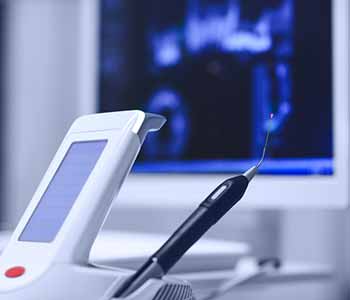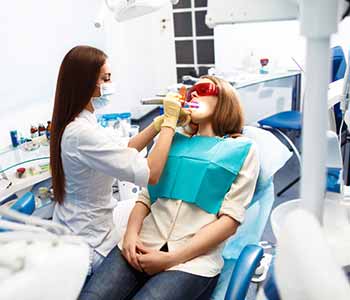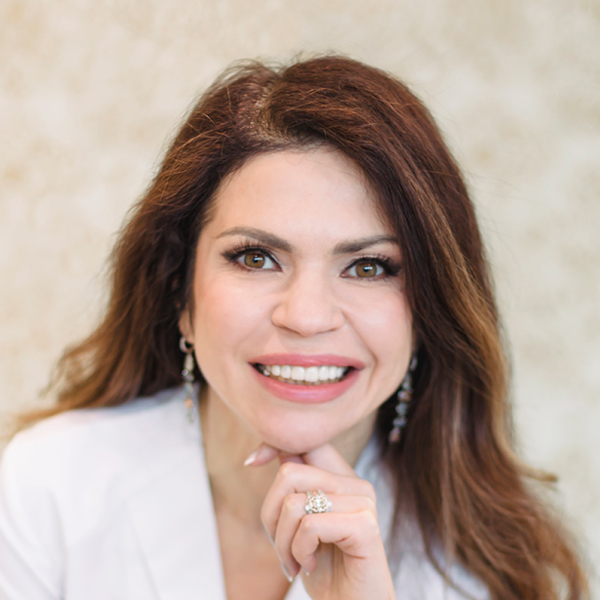

01
Oct
Patients ask what to expect from laser dental care in Glen Allen, VA

Laser dental care offers high-quality tools as part of today’s advanced dental technology. Located in Glen Allen, VA, Dr. Olivia Hart of Virginia Biological Dentistry offers this innovative technology. Laser dentistry sets the bar high with superior precision, minimal bleeding, a lower risk of infection, and faster healing. Patients benefit from less pain and discomfort during and after laser treatments. For individuals who fear dental work, laser dental care is easy and comfortable.
What is laser dental care?
Laser stands for light amplification by stimulated emission of radiation. In 1990, the FDA declared laser dental care safe for patients. Since then, it has been incorporated into more dental practices. Dental lasers are important, versatile tools. They can be used during standard cleaning and scaling procedures as well as during rehabilitative, cosmetic, or surgical treatments. The powerful beam of light can disinfect, cut and seal, reduce inflammation, speed healing, or even whiten. For patients with conditions such as sleep apnea or temporomandibular joint disorders, lasers dentistry can address the problem areas to lessen patients’ symptoms.
Laser dental care offers patients a fast, often pain-free treatment for specific procedures. Lasers can now be used for treatments that were not possible in the past. From treating cold sores to detecting and treating cavities, from reshaping the gums to whitening the teeth, laser dentistry offers more treatment options for patients.
Compared to hand-held instruments, lasers are extremely precise. Dentists can remove diseased tissue without disturbing the healthy surrounding tissue. Treated areas heal quickly because the laser seals blood vessels as it treats damaged tissue. Patients can often resume normal activities following laser treatments.
Dental lasers can treat soft and hard tissues. For soft tissues, the benefits include the following:
- The targeted tissue elements can be treated, cut, or vaporized depending on need.
- Small blood vessels are sealed to keep the treatment site dry during the procedure and to lessen post-treatment bleeding
- Small lymphatic vessels are sealed which reduces swelling.
- Tissues are sterilized during the treatment.
- Patients experience less scarring.
In treating hard tissues, dental lasers have advantages over traditional treatments.
- The laser can selectively ablate decayed tissue leaving more of the healthy tissue intact.
- Cavity sterilization is possible.
- Dentists can detect early signs of decay.
REQUEST AN APPOINTMENT
What to expect
 Each dental laser has been created to treat different conditions. The laser uses specific wavelengths of light which dictate its best use and whether it should be used for hard or soft tissues. A narrow, intense beam of light is trained on the specific tissues. When the energy makes contact with the tissue, it causes a reaction. Depending on the desired treatment, it either removes or reshapes the targeted tissue. When used by a trained practitioner such as the team at Virginia Biological Dentistry, laser dental care is safe, effective, and often faster than traditional treatments.
Each dental laser has been created to treat different conditions. The laser uses specific wavelengths of light which dictate its best use and whether it should be used for hard or soft tissues. A narrow, intense beam of light is trained on the specific tissues. When the energy makes contact with the tissue, it causes a reaction. Depending on the desired treatment, it either removes or reshapes the targeted tissue. When used by a trained practitioner such as the team at Virginia Biological Dentistry, laser dental care is safe, effective, and often faster than traditional treatments.
Before treatment with a laser, patients will put on special glasses to keep their eyes protected from the laser light. Patients who have had dental treatments with a drill may be pleasantly surprised to discover the lack of the usual whirring or drilling noises. Lasers are quiet. There may be an occasional suction sound as the dental team works. This is the device suctioning air to keep the treatment site clean and cool. Although local anesthesia may still be used for certain procedures, many patients discover less is needed for laser dental treatments.
The procedure often comes with less bleeding, swelling, and discomfort than traditional dental methods. With traditional dental treatments, patients may notice vibrations, pressure, or discomfort from the drill. This does not occur with laser procedures. Since the laser seals the blood vessels as it treats the tissues, there is less bleeding during and after the treatment.
Following the treatment, irritation of the mouth or tissues is likely to be minor. Patients do not experience the same discomfort that is associated with scalpel or drill procedures. Patients will receive instructions for post-care. Follow these instructions for proper care and cleaning of the treatment site. Although an infection is less likely with laser treatments, adhering to the dentist’s guidelines increases the likelihood of positive healing.
If you are interested in learning more about laser dental care, contact Virginia Biological Dentistry to schedule your appointment with Dr. Hart. Call (804) 381-6238.

Dr. Olivia Hart
DDS, NMD, IABDM & ICOI Fellow & AAIP Fellow
Dr. Olivia Hart, a founder of Virginia Biological Dentistry and a highly accomplished biological dentist, is honored to serve her community in Glen Allen, Richmond VA. She has always sought to enrich her knowledge in the field of holistic/biological dental health and to offer her patients the best comprehensive dental care possible. Her Virginia Biological Dentistry provides services ranging from biocompatible ceramic restorations, ceramic implants, and extractions with a biological protocol to treatments of sleep apnea, TMJ and other specialized bio-dental services.










